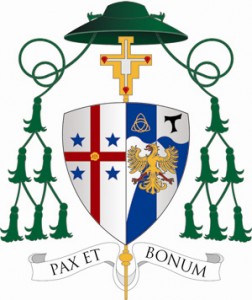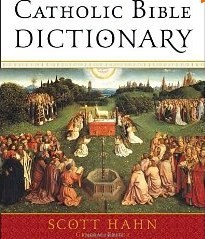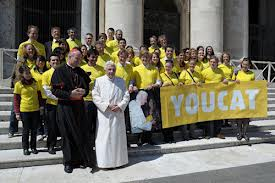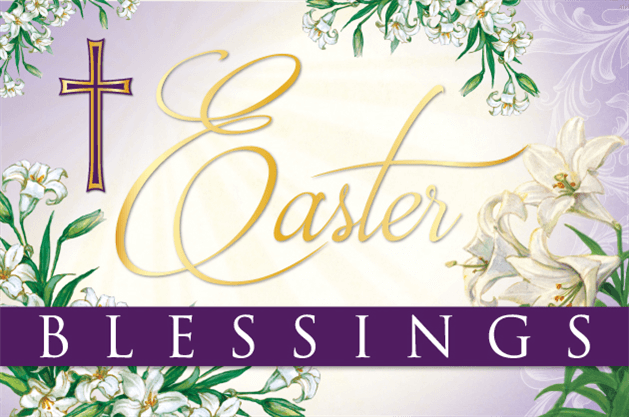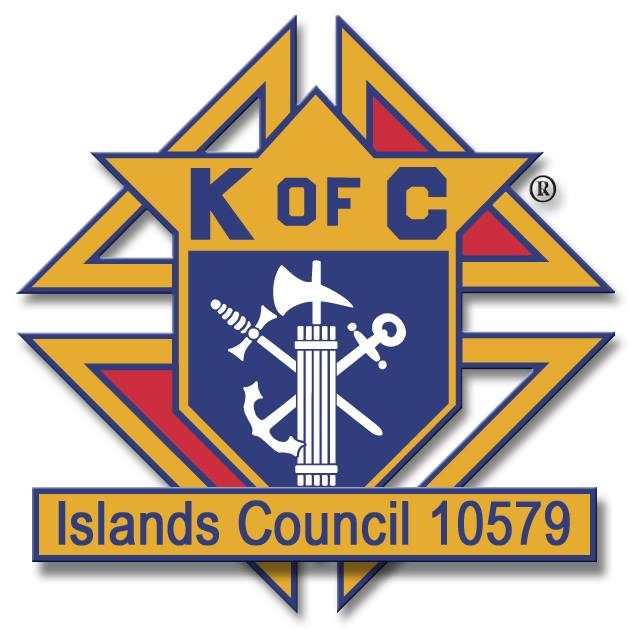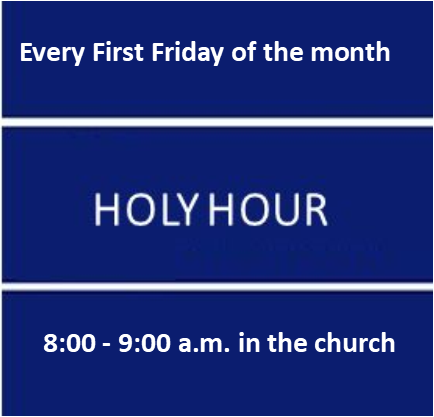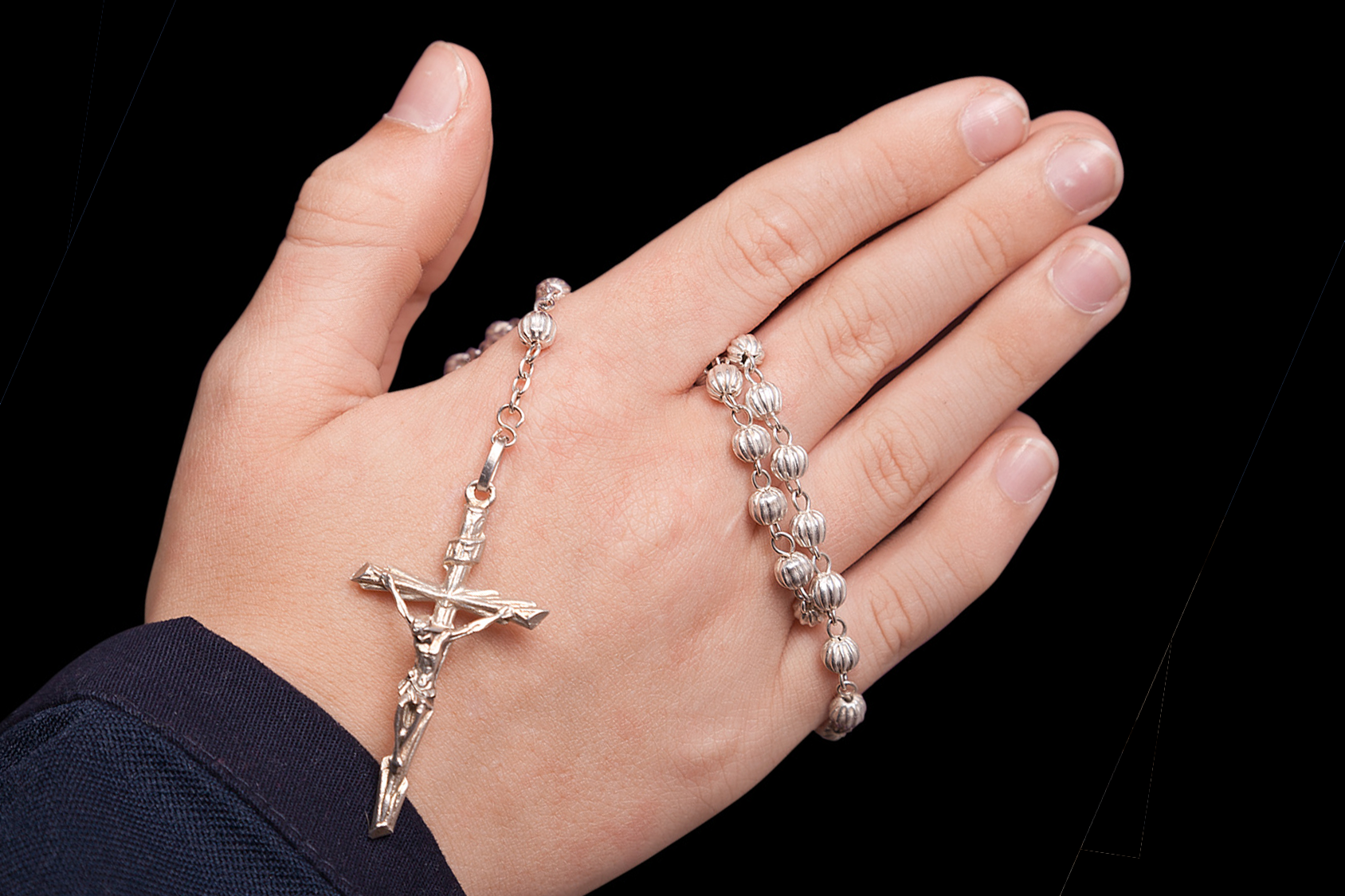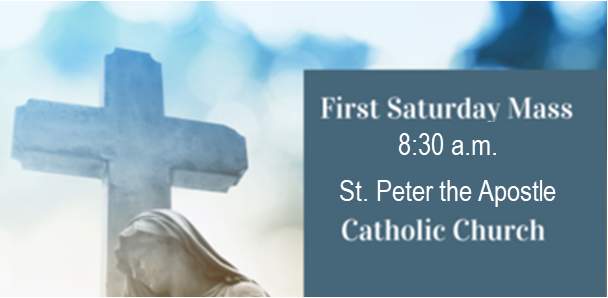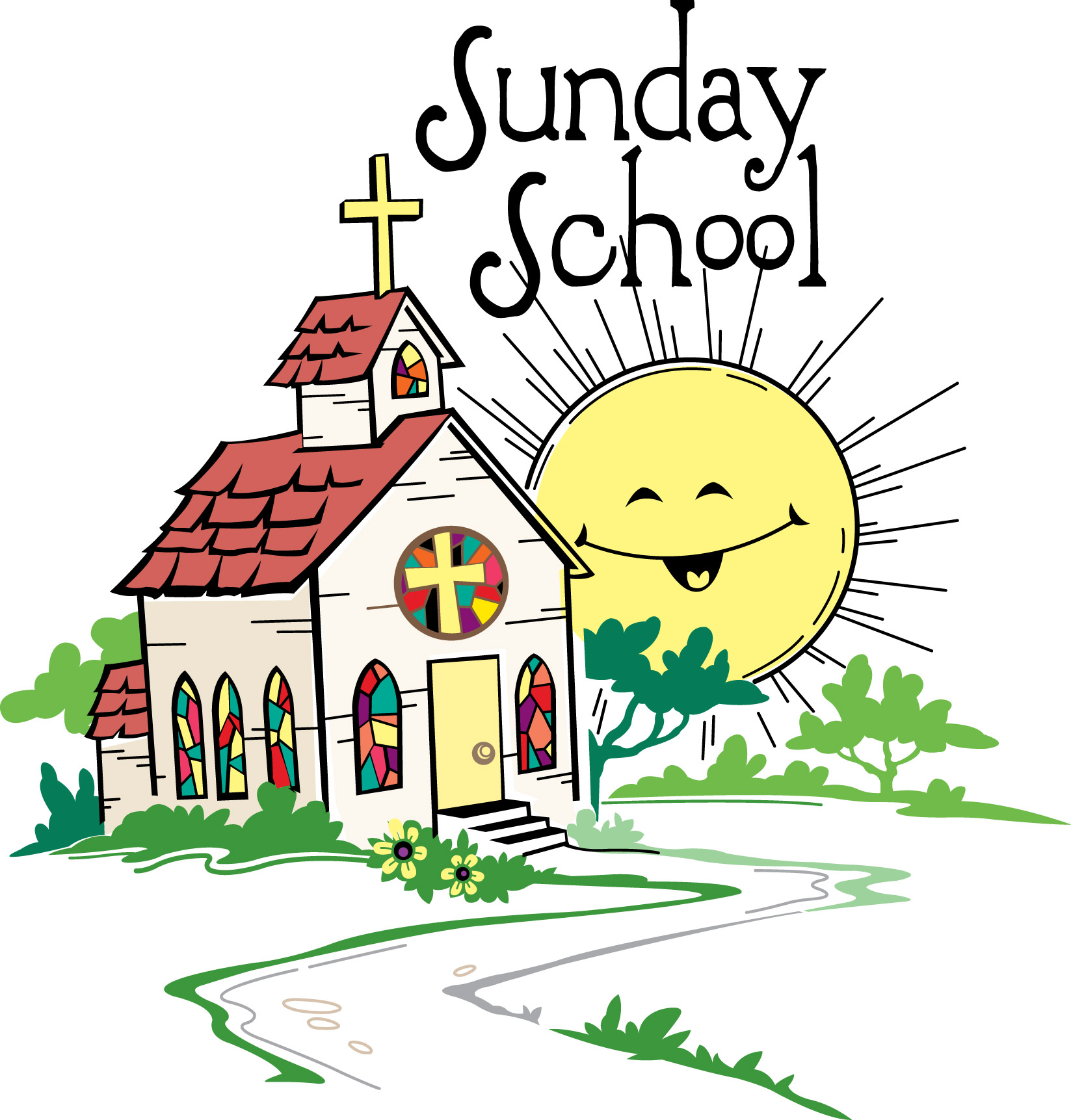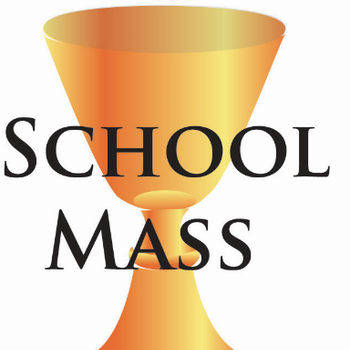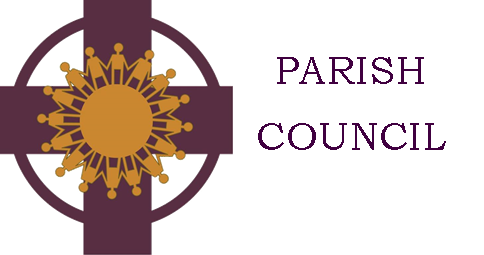Week 7: Catholic Teachings and Practices
1. According to Catholic teaching, what are the sources of Divine Revelation?
______________ and ______________.
Answer: Scripture and Tradition
“The Word of God is the unique source of revelation transmitted through Scripture and Tradition” (N.B. Dies Verbum)
In Scott Hahn’s Catholic Bible Dictionary Divine Revelation is defined as:
“What God makes known about himself and his will
through a supernatural intervention in history.” The Catechism of the Catholic Church teaches: “Through an utterly free decision, God has revealed himself and given himself to man…”
(Catholic Bible Dictionary p. 774 Hahn)
2. List the Precepts of the Church
i. ________________________________________________
ii._________________________________________________
iii._________________________________________________
iv. _________________________________________________
v.__________________________________________________
answer:
1. Attendance at Mass on Sundays and Holy Days of Obligation. (Sunday, the day of the Resurrection, should be treated differently from other days of the week. We do that in making the day holy by attending Mass and refraining from doing unnecessary work. Holy Days of Obligation, when we celebrate feasts of Jesus, the Blessed Mother, and the saints should be marked in the same way.)
2. Confession of serious sins at least once a year. (This obliges in particular those who are conscious of serious sin. Regular reception of the Sacrament of Penance and Reconciliation helps to prepare us not only to receive the Eucharist but also to continue the process of conversion begun in Baptism.)
3. Reception of the Sacrament of the Eucharist at least during the Easter Season. (In the United States, this extends from the first Sunday of Lent to Trinity Sunday. Because the Holy Eucharist is both the source and summit of life for all in the Church, the Church teaches that every member for his or her own good must receive communion minimally at least once a year.)
4. Observance of the days of fasting and abstinence. (Fasting is refraining from food or drink to some degree. Abstinence is refraining from eating meat. The church identifies specific days and times of fasting and abstinence to prepare the faithful for certain special feast; such actions of sacrifice can also help us to grow in self-discipline and in holiness.)
- Help to provide for the needs of the Church. (This means contributing to the support of the activities of the Church with time, talent and financial resources, each according to their ability.)
Dig Deeper: YOUCAT 136 asks:
What is the purpose of the precepts of the church and how binding are they?
The “Five Precepts of the Church” with their minimum requirements are supposed to remind us that one cannot be a Christian without making a moral effort, without participating personally in the sacramental life of the Church, and without union with her in solidarity. They are obligatory for every Catholic Christian. [ CCC 2041, 2048] (YOUCAT p.191)
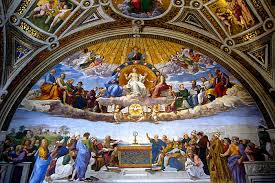
3. Place the following virtues in the correct category.
| Faith HopePrudence CharityTemperance Fortitude
Justice |
| Theological Virtues | Cardinal Virtues |
| 1. | |
| XXXXXXXXXXXXXXXXXXXXXX | 4. |
| THEOLOGICAL VIRTUES | CARDINAL VIRTUES |
| 1. Faith | 1. Prudence |
| 2. Hope | 2. Justice |
| 3. Charity | 3. Fortitude |
| XXXXXXXXXXXXXXXXXXXXXX | 4. Temperance |
| Dig Deeper:Read 1 Corinthians 13:13 | “So faith, hope, love,remain, these three; but the greatest of these is love.” 1 Corinthians 13:13 |
What does catholic mean?
Answer: Universal
Learn More at CATHOLIC ANSWERS
